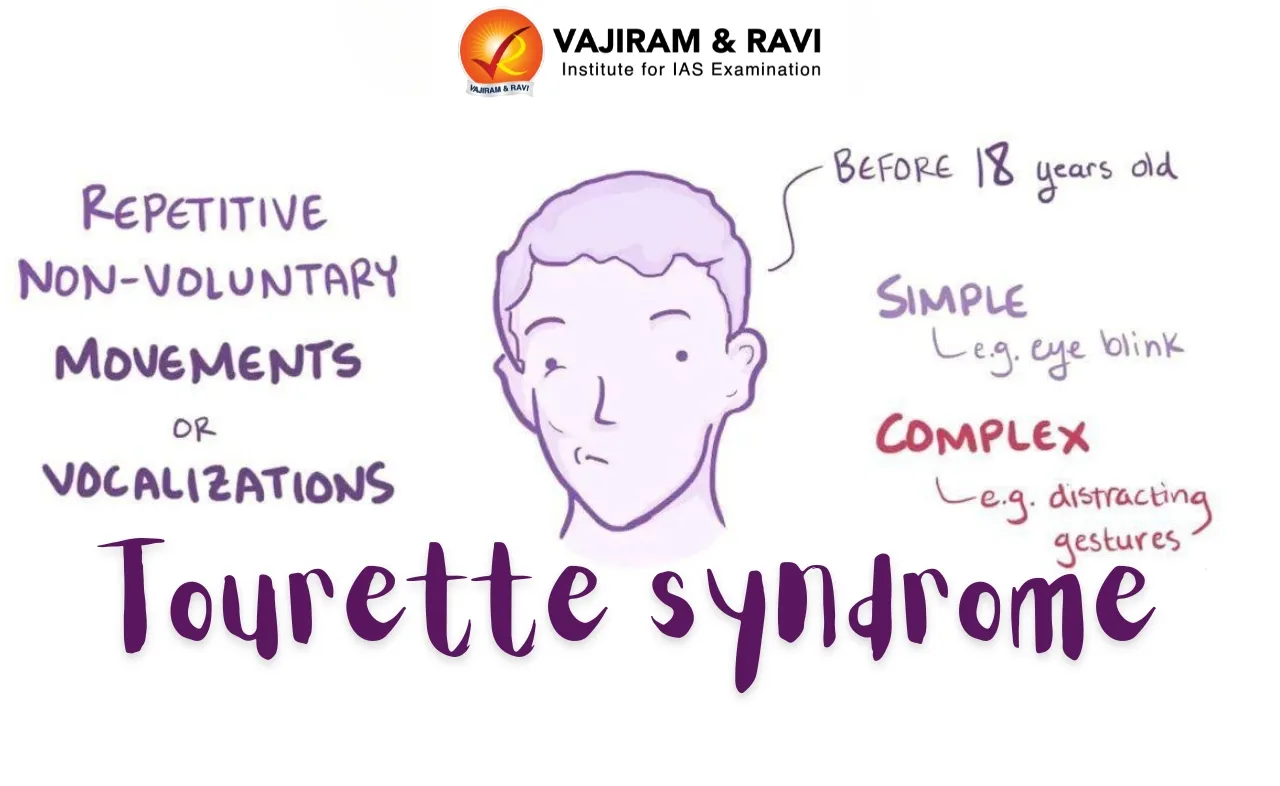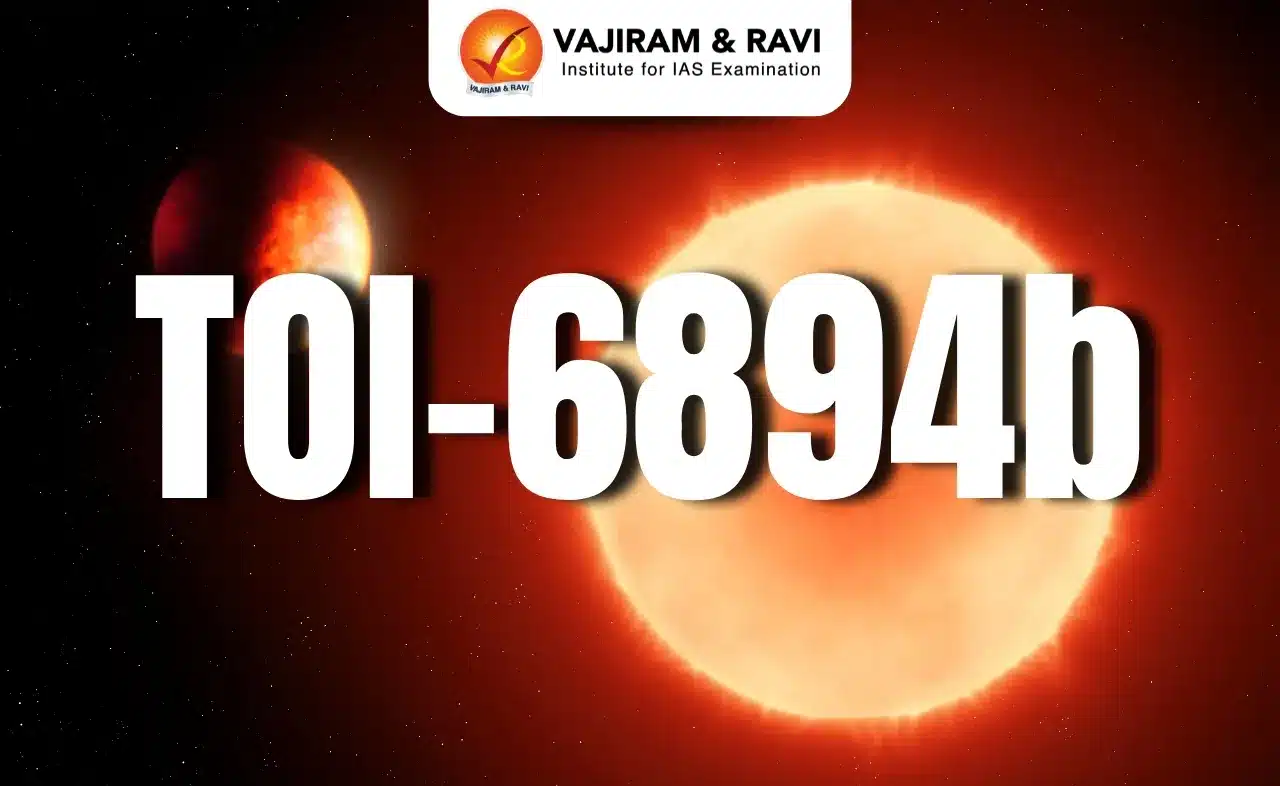About Trade Receivables Discounting System (TReDS) platform:
- It is an electronic platform for facilitating the financing/discounting of trade receivables of Micro, Small, and Medium Enterprises (MSMEs) through multiple financiers.
- These receivables can be due from corporates and other buyers, including Government Departments and Public Sector Undertakings (PSUs).
- Purpose: To allow MSME sellers to discount invoices raised against major corporations, which helps them manage their working capital demands. The platform enables MSMEs to receive payments more quickly.
- Participants:
- Sellers, buyers, and financiers are the participants on a TReDS platform.
- Only MSMEs can participate as sellers in TReDS.
- Corporates, Government Departments, PSUs, and any other entity can participate as buyers in TReDS.
- Banks, NBFC – Factors, and other financial institutions, as permitted by the RBI, can participate as financiers in TReDS.
- RBI has not made it compulsory for any buyer, seller, or financier to participate in TReDS.
- The Government has made it compulsory for certain segments of companies to mandatorily register as buyers on the TReDS platform(s). The government directive, however, does not make it compulsory for these entities to perform transactions in TReDS.
- How does TReDS work?
- Creation of a Factoring Unit (FU) – standard nomenclature used in TReDS for invoice(s) or bill(s) of exchange – containing details of invoices/bills of exchange.
- Acceptance of the FU by the counterparty – buyer or the seller, as the case may be;
- Bidding by financiers;
- Selection of best bid by the seller or the buyer, as the case may be;
- Payment made by the financier (of the selected bid) to the MSME seller at the agreed rate of financing/discounting;
- Payment by the buyer to the financier on the due date.
What are Trade receivables?
- Trade receivables are defined as the amount owed to a business by its customers following the sale of goods or services on credit.
Q1) What are Trade receivables?
Trade receivables are defined as the amount owed to a business by its customers following the sale of goods or services on credit.
Source: RBI expands scope of TReDS, includes insurers as participants
Last updated on June, 2025
→ UPSC Notification 2025 was released on 22nd January 2025.
→ UPSC Prelims Result 2025 is out now for the CSE held on 25 May 2025.
→ UPSC Prelims Question Paper 2025 and Unofficial Prelims Answer Key 2025 are available now.
→ UPSC Calendar 2026 is released on 15th May, 2025.
→ The UPSC Vacancy 2025 were released 1129, out of which 979 were for UPSC CSE and remaining 150 are for UPSC IFoS.
→ UPSC Mains 2025 will be conducted on 22nd August 2025.
→ UPSC Prelims 2026 will be conducted on 24th May, 2026 & UPSC Mains 2026 will be conducted on 21st August 2026.
→ The UPSC Selection Process is of 3 stages-Prelims, Mains and Interview.
→ UPSC Result 2024 is released with latest UPSC Marksheet 2024. Check Now!
→ UPSC Toppers List 2024 is released now. Shakti Dubey is UPSC AIR 1 2024 Topper.
→ Also check Best IAS Coaching in Delhi






















